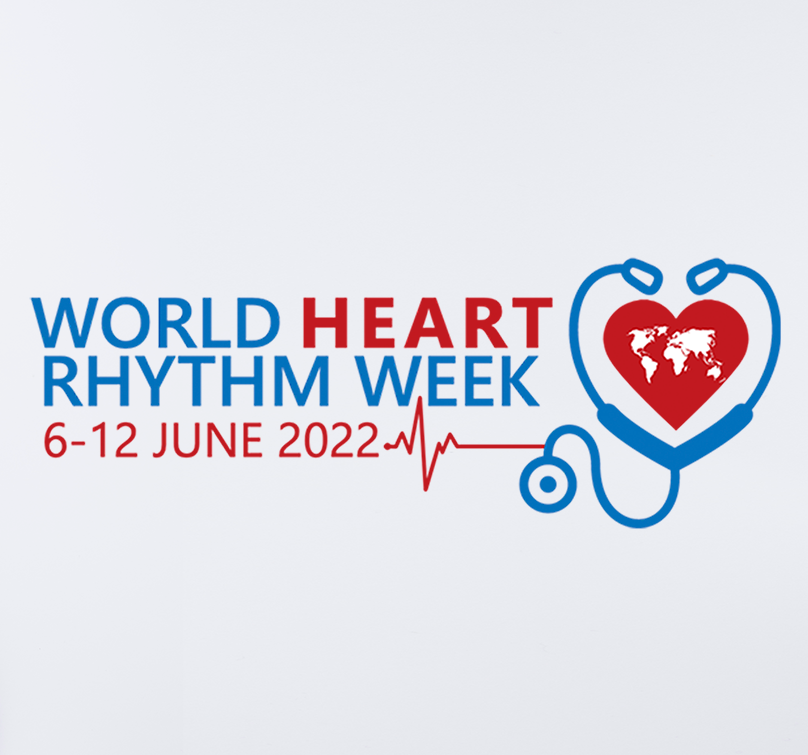
World Heart Rhythm Week
That’s why World Heart Rhythm Week is such a valuable tool for raising awareness, educating the public and healthcare professionals and driving early diagnoses and better outcomes for patients. It’s also why B-Secur is proud to be sponsoring this year’s awareness week and helping to spread the ‘Get to the HEART of Arrhythmias’ message.
As we know the global pandemic has had a cataclysmic impact on so many areas of our lives. But it has caused major problems for overwhelmed health systems around the world. At times people were urged to stay away from hospitals while at other times people were reluctant to attend appointments due to the fear of infection. The combined result has restricted patients from accessing screening and diagnostic services as they would during more normal times.
COVID-19 has also caused irreparable cardiac damage and arrhythmias in large numbers of people with no underlying heart issues. With millions of people around the world already living with undiagnosed arrhythmias, the fall-out from the pandemic has the potential to significantly increase this number.
Innovation is often born out of necessity and with the trend now firmly moving towards remote patient monitoring, wearable medical devices are seen as having the power to drive greater efficiencies for health systems around the world.
The popularity of these devices is exploding as their applications for different medical uses expand. The global market value of wearable medical devices is currently $20.7billion but it is predicted to surge to $38.9billion by 2026, according to a new study by Global Industry Analysts.
The most effective way to diagnose an arrhythmia is with an electrical recording of your heart rhythm called an electrocardiogram (EKG). If an initial EKG doesn’t find a problem, you may need further monitoring of your heart, and this often involves wearing a small portable EKG recording device for 24 hours or longer.
Until now these procedures were most commonly carried out in a clinical setting, but this is not always the case now due to the advancements in wearable medical devices. An EKG carried out over a very short timeframe in a clinical setting can only give a snapshot of what is going on with that patient, while wearables offer the ability to monitor over a longer time period which builds up a more accurate picture and delivers improved data to enable clinicians to make better informed diagnoses.
At B-Secur we recently launched our innovative HeartKey® 2.0 technology at Heart Rhythm 2022 in San Francisco. Our new cloud-based software significantly reduces EKG signal noise, elevating EKG interpretation to new heights of efficiency and accuracy. It also offers a range of FDA-cleared health algorithms and actionable wellness insights as well as universal performance across EKG use cases including Holter monitors, wearables, and implantable devices.
Devices with this kind of software embedded or accessed via the cloud, have the power to put heart health monitoring into the hands of the wearer. Not only can this data be shared directly with health professionals, it can also be used to help people take decisive action to improve their heart health.
It is technology like this which is helping to drive the growing convergence between the medical and consumer wearable device industries enabling more accurate diagnoses and delivering better outcomes for people with arrhythmias.